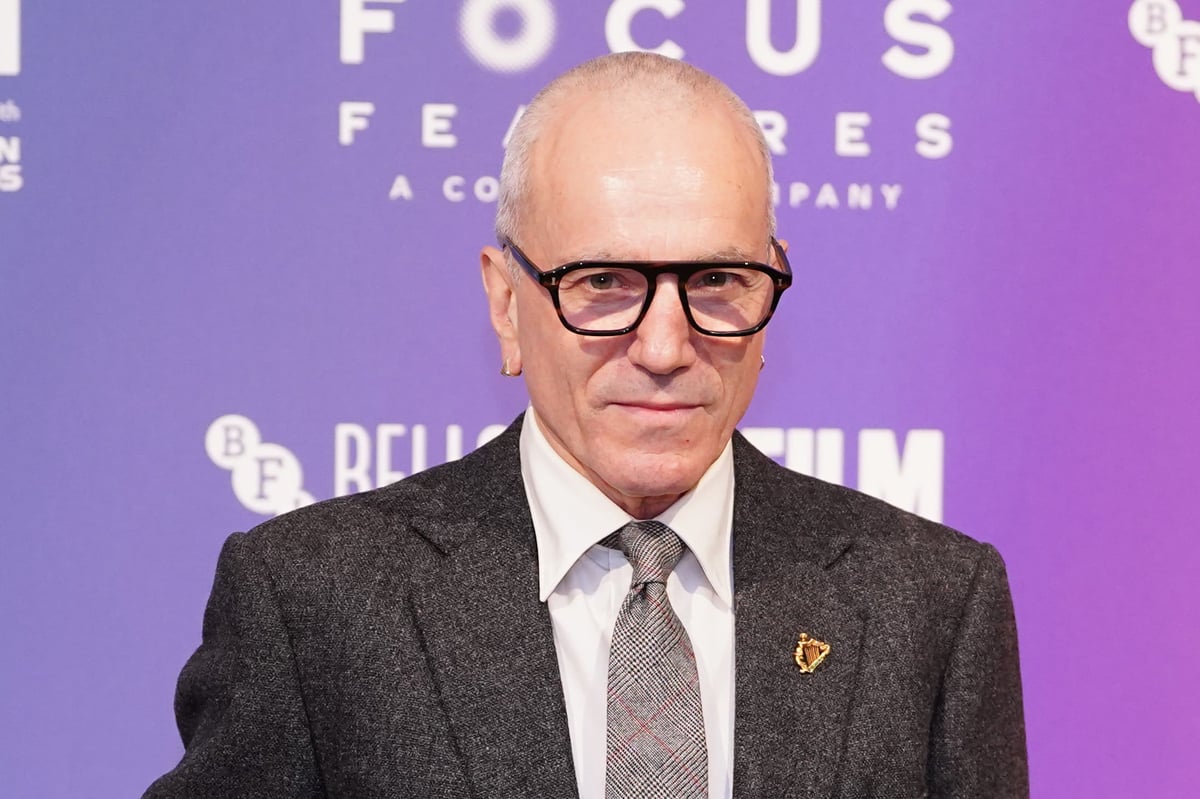
Daniel Day-Lewis Speaks Out on Misconceptions About Method Acting
Oscar-winning actor Sir Daniel Day-Lewis has expressed frustration over the misrepresentation of his method acting, which he feels is often linked to ideas of "lunacy." At 68, he is known for his deep psychological and physical immersion into roles, a technique that has become synonymous with his name. His commitment to his craft has led to some extreme measures, such as living in a tent on a deserted Texan oil field during the making of There Will Be Blood (2007) and spending two or three days in a prison cell without food or water for his role as Gerry Conlon in In The Name Of The Father (1993).
In an interview with the Big Issue, Sir Daniel shared his thoughts on how method acting is often misunderstood. He said, “I just don’t like it being misrepresented to the extent it has been.” He pointed out that many commentators who talk about his work have no real understanding of how method acting functions or its intended purpose.
“People focus on the least important details, like ‘he lived in a jail cell for six months.’ Those are not what matter,” he explained. “In all the performing arts, people find their methods as a means to an end. It’s with the intention of freeing yourself so you present your colleagues with a living, breathing human being they can interact with. It’s very simple.”
He added, “So it pisses me off this whole ‘Oh, he went full method’ thing. What the f***, you know? Because it’s invariably attached to the idea of some kind of lunacy. I choose to stay and splash around, rather than jump in and out or play practical jokes with whoopee cushions between takes or whatever people think is how you should behave as an actor.”
A Legacy of Excellence
Sir Daniel’s career has been marked by exceptional performances that have earned him critical acclaim and three Academy Awards. He won his first Oscar in 1990 for playing Christy Brown, a man with cerebral palsy, in My Left Foot. His second came in 2008 for his iconic portrayal of oilman Daniel Plainview in There Will Be Blood, and his third in 2013 for his powerful performance as Abraham Lincoln in Steven Spielberg’s Lincoln.
Beyond these achievements, Sir Daniel has also delivered memorable performances in films like The Last of the Mohicans (1992), where he played the character Hawkeye. In 2017, he made a surprising announcement that he had retired from acting, citing an "ill-advised statement" that read: “Daniel Day-Lewis will no longer be working as an actor.”
However, in recent years, he has made a return to the screen, starring in the psychological drama Anemone, which marks the first feature film directed by his son, Ronan Day-Lewis.
Comments on Other Actors and Method Techniques
In 2023, actor Brian Cox criticized Jeremy Strong for his use of method acting, suggesting that Strong had learned the approach from Sir Daniel, as he was once his assistant. Sir Daniel responded to these claims, stating, “If I thought during our work together I’d interfered with his working process, I’d be appalled. But I don’t think it was like that. So I don’t know where the f*** that came from. Jeremy Strong is a very fine actor; I don’t know how he goes about things, but I don’t feel responsible in any way for that.”
Despite his retirement announcement, Sir Daniel has continued to explore new creative avenues, showing that his passion for acting remains strong. His latest project, Anemone, is a testament to his ongoing dedication to his craft and his willingness to take on new challenges.
Sir Daniel Day-Lewis continues to be a respected figure in the world of cinema, known for his intense commitment to his roles and his ability to bring characters to life in a deeply authentic way. As he continues to evolve as an artist, his influence on the industry remains significant.

Post a Comment